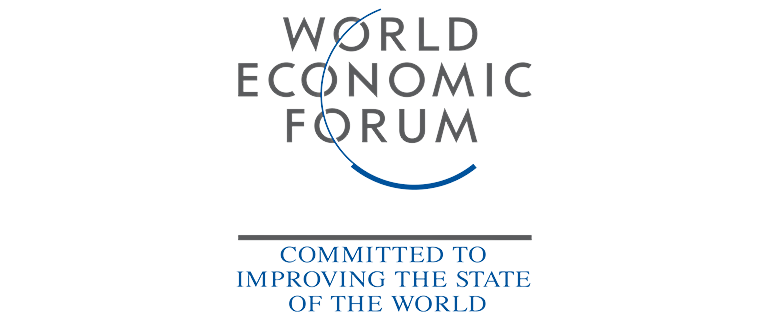
- A+
- A
- A-
Call for Submissions for Uplink Trillion Trees: India Challenge (Publication date: 12 Apr, 2022) (Results)

World Economic Forum-Center for the Fourth Industrial Revolution India is calling for submissions for its “Uplink Trillion Trees: India Challenge". More information on this challenge can be found below.
Introduction
The Uplink Trillion Trees: India Challenge is calling for successful examples of forest conservation and landscape restoration that support the implementation of India’s commitment to restore 26 million hectares of degraded land by 2030 and create and additional carbon sink of 2.5 to 3 billion tons CO2 equivalent through additional forests.
Why Apply?
The best 10-15 submissions will be recognised as ‘Top Innovators’ and invited to a 4-month programme facilitated by the World Economic Forum, in collaboration with 1t.org, the Young Global Leaders and the Global Shapers community. It will offer:
• Visibility through World Economic Forum and 1t.org media and social media platforms
• Access to World Economic Forum and Partners events
• Connection to networks, organizations and companies
• Capacity building and networking sessions, incl. pitching sessions to potential investors
• Community building through peer-to-peer exchanges with other members of the growing innovator community
Types of applicants we are searching for
Solutions submitted can be community-based initiatives and projects or social enterprises and start-ups, with various funding models and at various stages of development and scale. However, they should have the potential to scale and a vision for achieving long-term financial viability and sustainability.
Proposed Focus Areas - eligible projects need to fall into one or more of the following categories:
1. Successful examples of ecopreneurship: solutions focused on forest landscape conservation and restoration that demonstrate positive environmental impacts alongside social and economic benefits, including:
o Conserving and restoring forest landscapes and degraded areas such as large barren lands, land corridors, mining areas, etc.
o Promoting ecosystem conservation and restoration, with positive impacts on biodiversity, sustainable water harvesting, topsoil quality, etc.
o Offering high-quality carbon projects, including market-proven examples ready to scale, as well as emerging innovative solutions.
2. Local livelihoods and agriculture: solutions that improve food security and farmer livelihoods through a focus on agroforestry, forest landscape restoration or other means involving the incorporation of trees in farmland - a focus on inclusive and grassroots-driven actions will be prioritized – including:
o Generating livelihoods for farming and rural communities through mixed agroforestry systems, non-timber forest products, and associated regenerative agriculture-based consumer goods, etc.
o Supporting farmers to shift towards restorative practices, incl. the removal of financial drivers for communities to engage in deforestation.
3. Technology for trees: solutions that make use of Fourth Industrial Revolution (4IR) technologies such as Artificial Intelligence, blockchain, etc. to support forest landscape conservation and restoration, including:
o Improving the affordability and reliability of monitoring
o Improving the efficiency, effectiveness and transparency of restoration and reforestation in a socially responsible way
o Lowering the verification costs of carbon credits and other forest conservation and restoration finance tools
4. Mobilizing city dwellers: solutions that make cities greener through urban tree planting, thereby reducing air pollution and flood risk, enhancing temperature regulation and contributing to human well-being, including:
o Embedding trees in urban planning, including real estate and property development, and enhancing the economic attractiveness of greening cities and urban tree planting
o Initiatives, campaigns and projects that inspire, engage and build awareness around the opportunities and urgency to take action for forest conservation and restoration including community spaces in the world of arts, music, culture and spirituality.
Challenge Timeline:
• 20 September to 20 October 2021: open call for submissions (during WEF Sustainable Development Impact Summit 2021)
• 25 October to 17 December 2021: review and selection process
• January 2021: announcement of cohort members
• January 2021 to April 2022: cohort accelerator programme
Please visit https://bit.ly/3lyVJmQ to apply.



